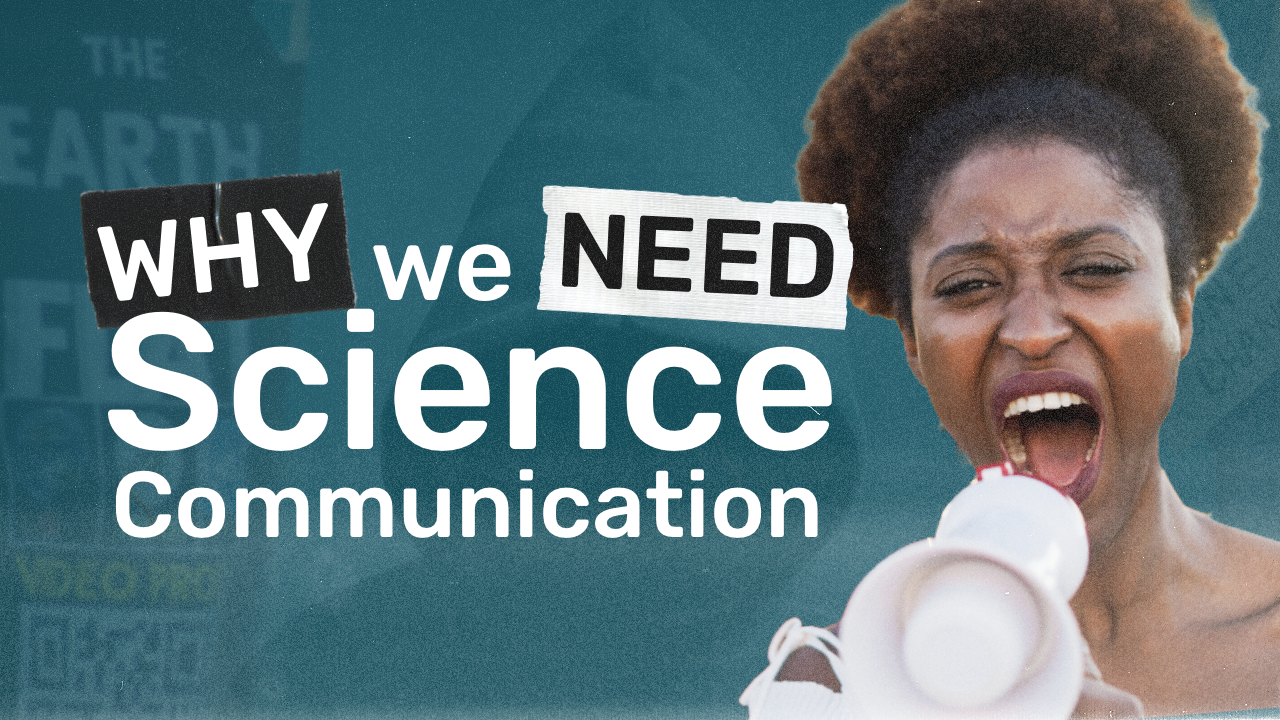Take a minute to read the blog
About creating climate content and science communication.
Choosing the Right Platform for Your Science / Climate Content
The first question I hear most about starting with science communication is: WHERE DO I EVEN START? Today it seems like the platforms for sci com are as diverse as the topics they cover. From traditional print to the dynamic world of social media, each platform offers unique opportunities… and challenges. But how do you choose the right platform for your science content?
Why Knowing Your Audience is the Key to Science Communication
You might have heard this before: the message is only half the equation. The other half? That could very well be your audience. In science communication, understanding who you're communicating to is a key concept that is often overlooked. It’s shaping not only your content but also the delivery, tone, and medium of your message.
How Can I Find My Unique Voice in Science Communication?
Finding your unique voice can be both a challenge and an adventure. It will lead you to be your authentic self, whatever the medium you choose. With so many platforms available, how can you ensure that your message stands out, resonates, and makes a lasting impact? This journey of self-discovery does require some introspection, experimentation, and a dash of creativity. So let's delve into some actionable tips and techniques to help you use your personal strengths in communicating science. Because your voice matters!
From Scientific Papers to Social Media posts
Science communication has undergone a profound transformation over the years. From the professional halls of academia to the noisy world of social media. The way we communicate scientific findings has evolved to meet the changing needs of society. One of my professors told me: to know where you are going, you need to know what came before you. So let’s have a look at the evolution of science communication.
The case for Science Communication
I remember advocating for more science communication classes back when I was in university. With everything that has been happening in the world, good and bad, we can safely say science communication plays an instrumental role in bringing our beloved science to the general public. It gives us scientists the ability to translate complex systems and processes into bitesized and digestible pieces of information. But… how?







